Karim Thébault (Bristol): “Cosmic Singularity Resolution via Quantum Evolution”
Classical models of the universe generically feature a big bang singularity. That is, when we consider progressively earlier and earlier times, physical quantities stop behaving in a reasonable way. A particular problem is that physical quantities related to the curvature of spacetime become divergent. A long standing hope is that a theory of quantum gravity would “resolve” the big bang singularity by providing quantum models of the early universe in which all physical quantities are always finite. Unfortunately, not only does the conventional Wheeler-DeWitt approach to quantum gravity fail to resolve the big bang singularity in this sense (without the addition of loop variables or exotic matter), but it also renders the universe fundamentally timeless. We offer a new proposal for singularity resolution in quantum cosmology based upon quantum evolution. In particular, we advocate a new approach to quantum cosmology based upon a Schrödinger equation for the universe. For simple models with a massless scalar field and positive cosmological constant we show that: i) well-behaved quantum observables can be constructed; ii) generic solutions to the universal Schrödinger equation are singularity-free; and iii) specific solutions display novel phenomenology including a cosmic bounce.
Karim Thébault is a Lecturer in the Department of Philosophy at the University of Bristol.


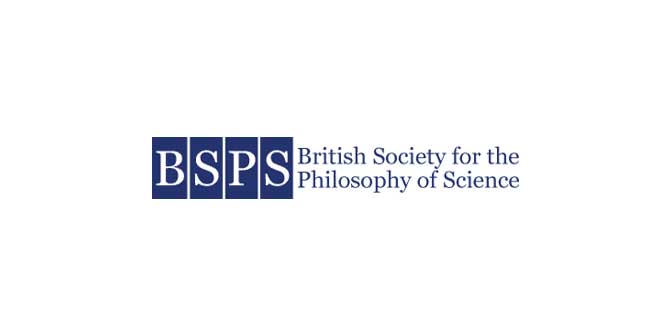

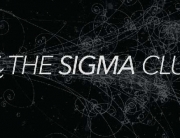


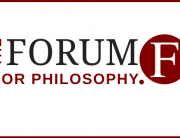







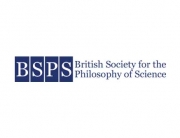
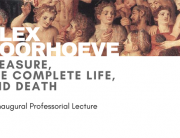
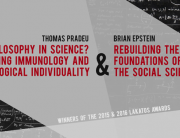
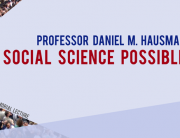
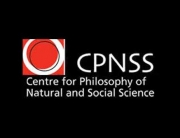
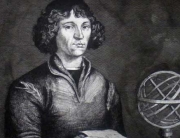
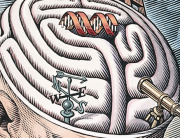
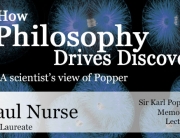
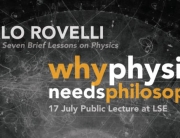


Connect with us
Facebook
Twitter
Youtube
Flickr